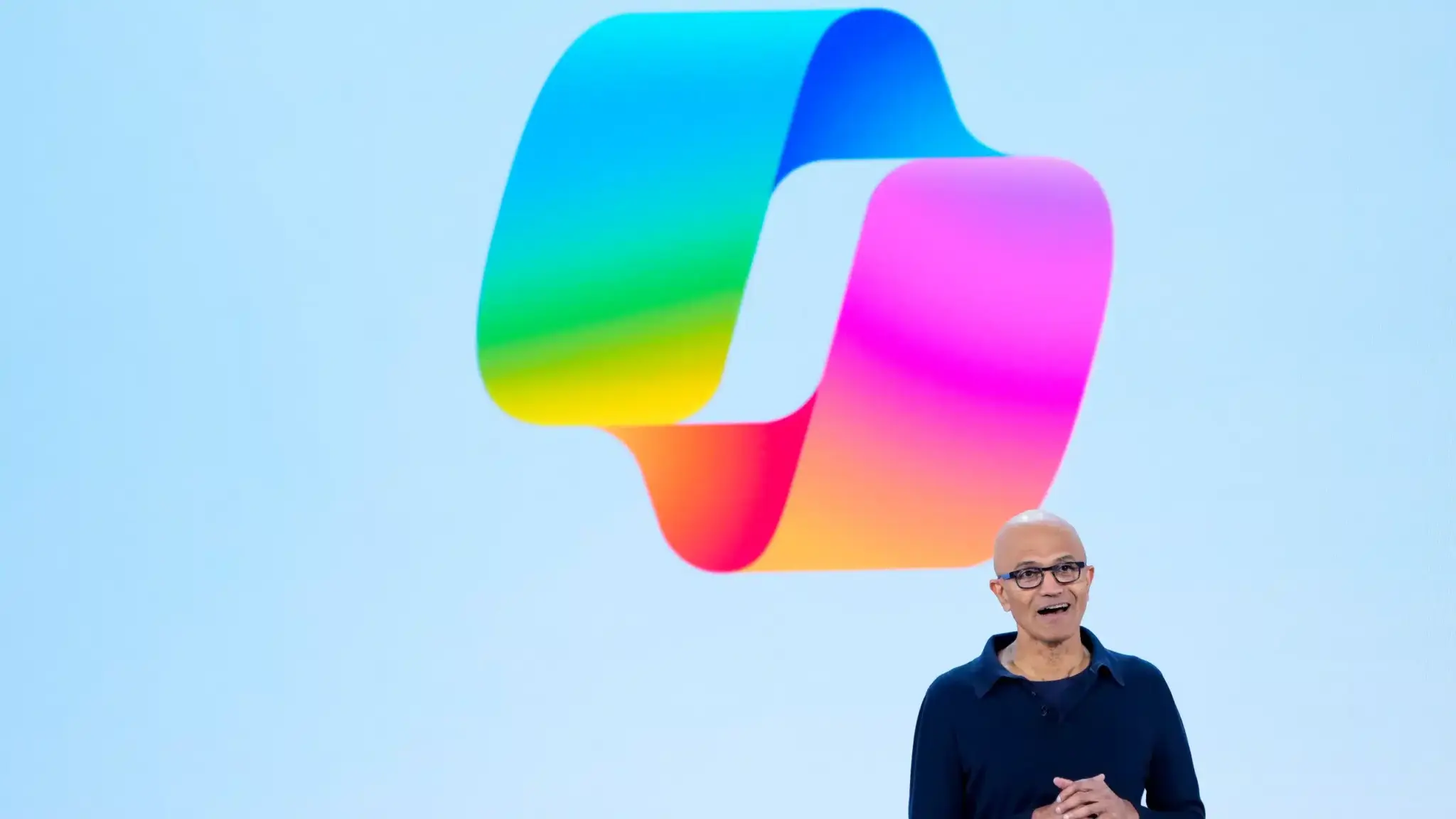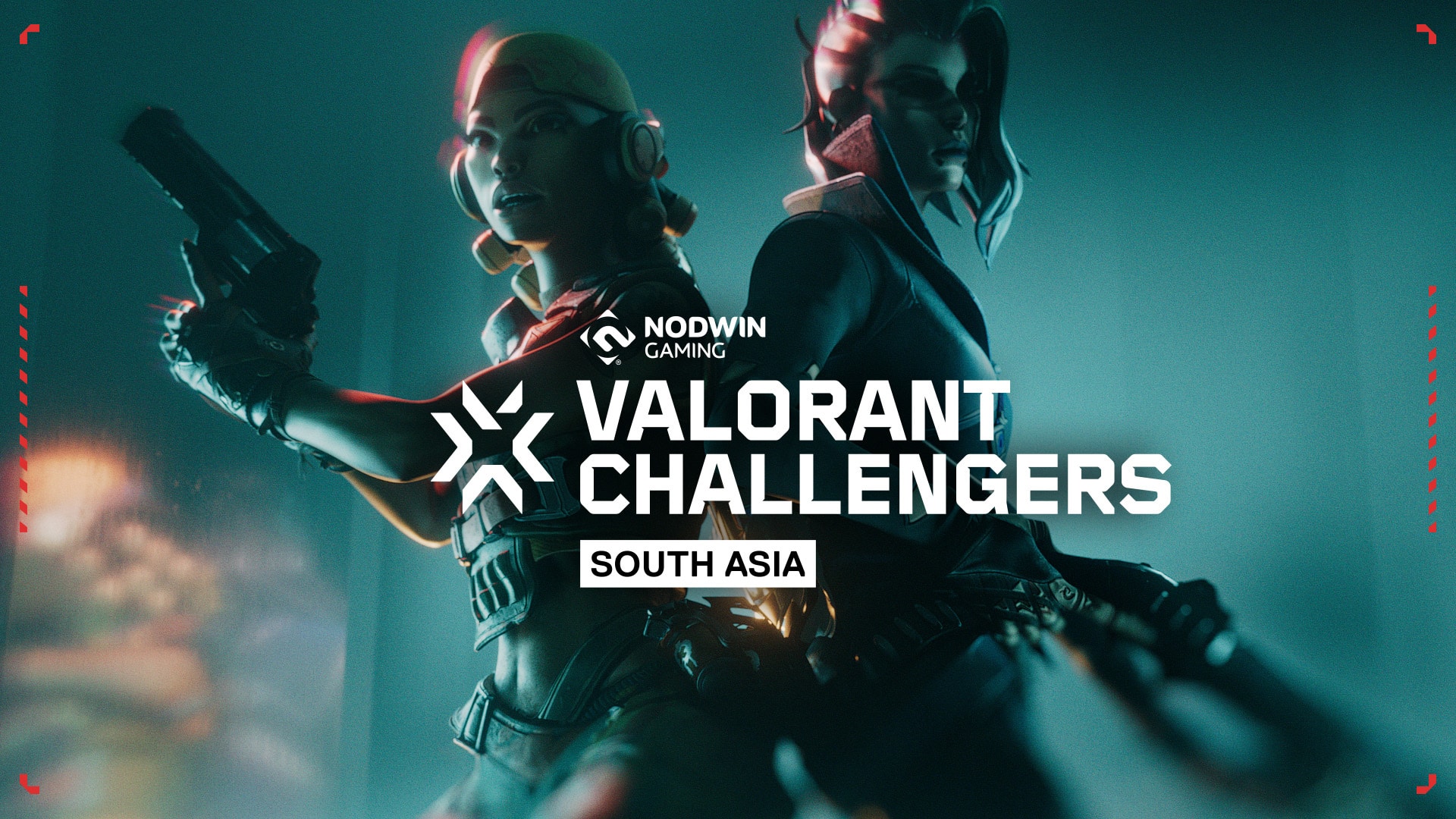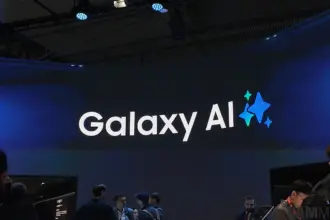Microsoft’s recent moves in the artificial intelligence (AI) sector have raised eyebrows across the tech industry. The tech giant is reportedly outsourcing some of its top AI talent and technologies, which has significant implications for competitors, especially Google. This development, highlighted by industry leaders, underscores a strategic shift in how tech giants are positioning themselves in the AI race.
The Current AI Landscape
Microsoft has been a formidable player in the AI sector, with substantial investments and advancements through its Azure cloud services and partnerships with OpenAI. However, recent statements from CEOs and industry experts suggest that Google is poised to benefit from Microsoft’s strategic realignments.
Google’s AI Advantage
Demis Hassabis, CEO of Google’s DeepMind, has indicated that Google is set to outpace Microsoft in AI investment. Speaking at a recent conference, Hassabis highlighted Google’s commitment to investing more than the $100 billion that Microsoft and OpenAI plan to spend on their AI initiatives over the coming years. This massive investment underscores Google’s strategy to dominate the AI sector, leveraging its vast computational resources and extensive content deals.
Microsoft’s Strategic Moves
Microsoft’s strategy involves focusing its resources on key AI projects while outsourcing other aspects. This includes forming partnerships and licensing agreements to ensure they have access to the best AI technologies and talent without overextending their internal resources. One notable move was the appointment of Mustafa Suleyman, co-founder of Google DeepMind, as the CEO of a new AI division within Microsoft. This move is seen as an effort to consolidate their AI leadership and streamline their focus.
Implications for the AI Market
The outsourcing of AI capabilities by Microsoft is seen as a strategic maneuver to maintain competitiveness without directly engaging in every aspect of AI development. This allows Microsoft to leverage external expertise and focus on integrating these technologies into their broader ecosystem, particularly Azure and Office 365.
For Google, this is a double-edged sword. On one hand, it reduces direct competition in some areas of AI development. On the other hand, it highlights the increasing need for strategic content and data partnerships, which Google has been aggressively pursuing. These content deals are crucial for training large language models and other AI systems, giving Google a potential edge in developing more advanced AI technologies.
Microsoft’s decision to outsource parts of its AI development is a calculated risk that aims to optimize their AI strategy while managing resources efficiently. This move is beneficial for Google, which is ramping up its investment in AI and securing critical content deals to strengthen its position. As the AI arms race intensifies, both companies are strategically positioning themselves to capitalize on their strengths, ensuring they remain at the forefront of technological innovation.






























